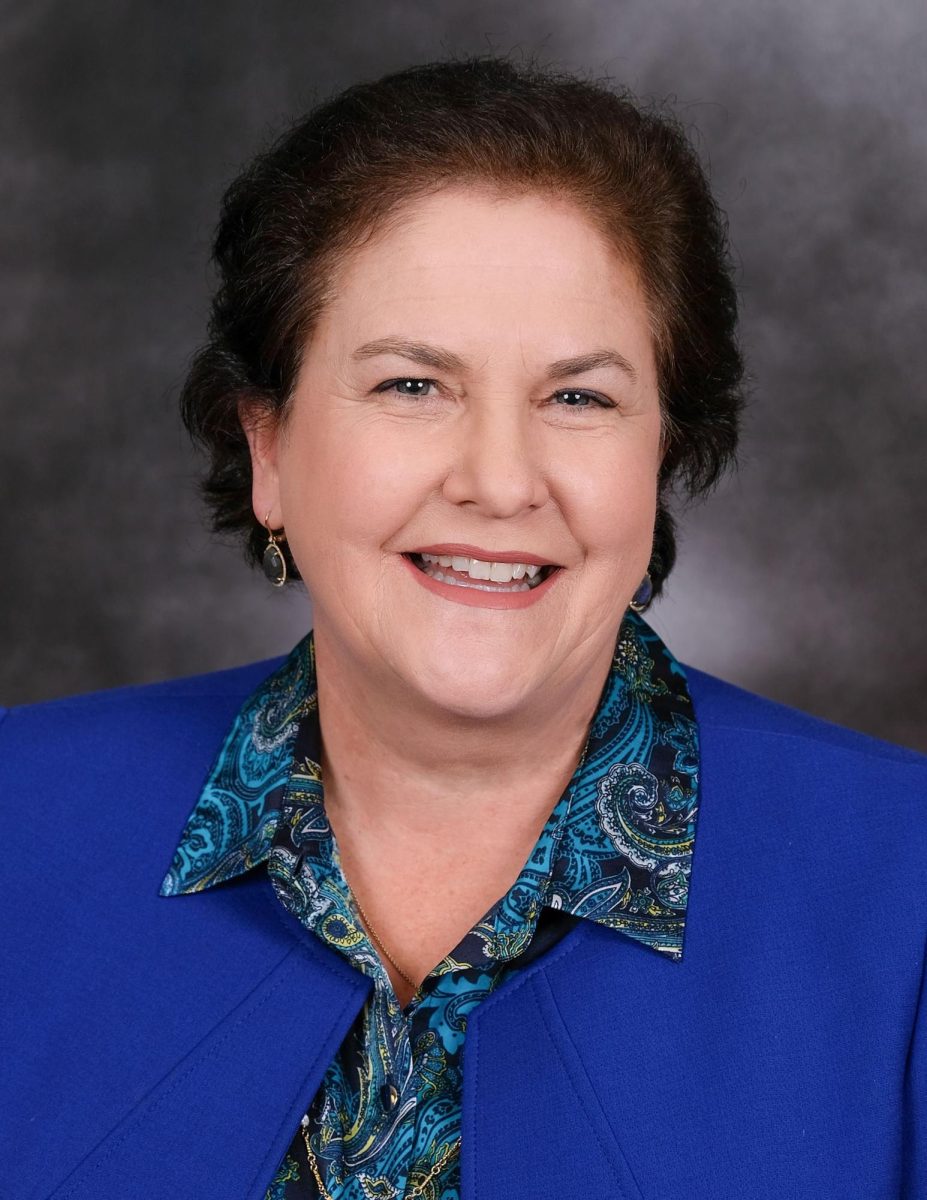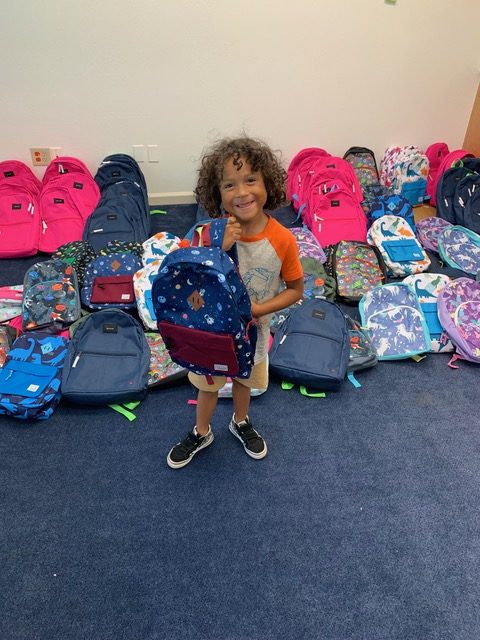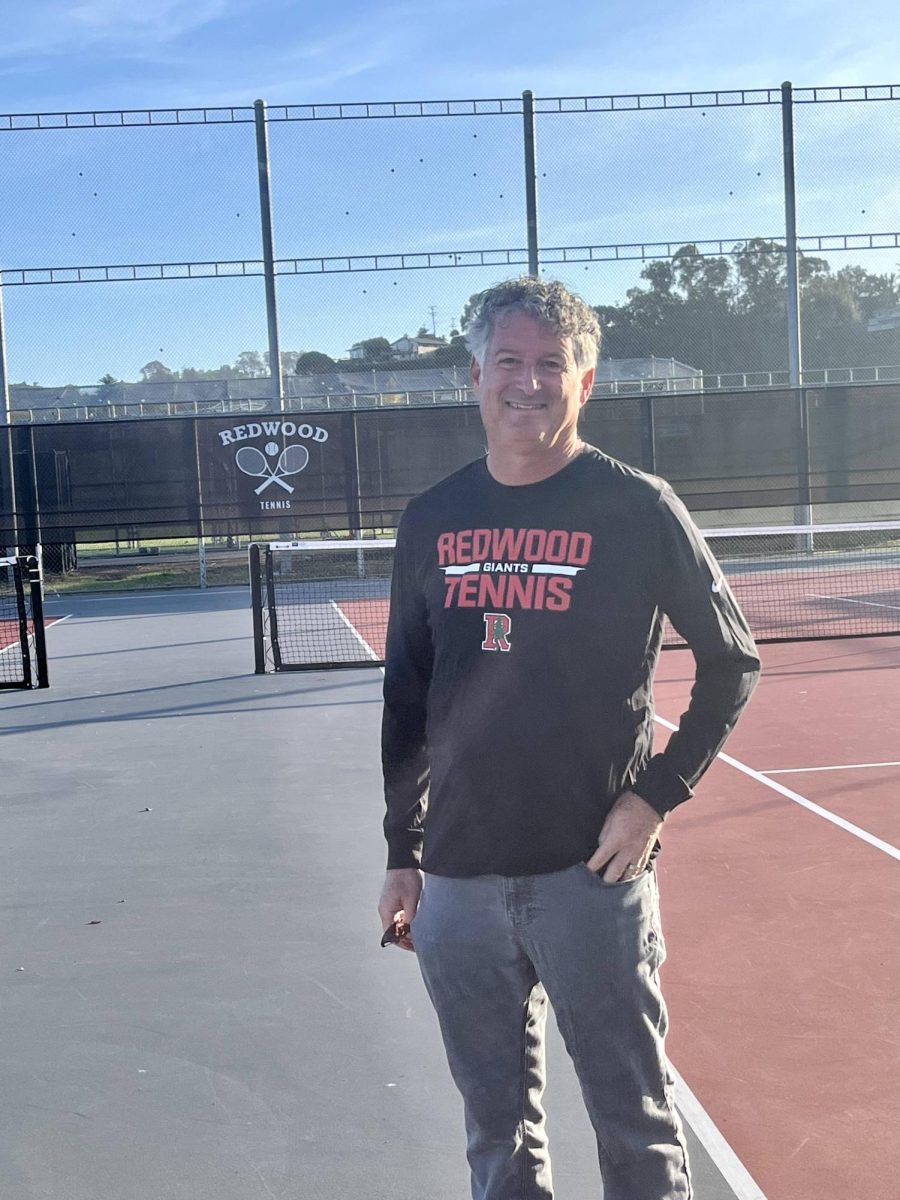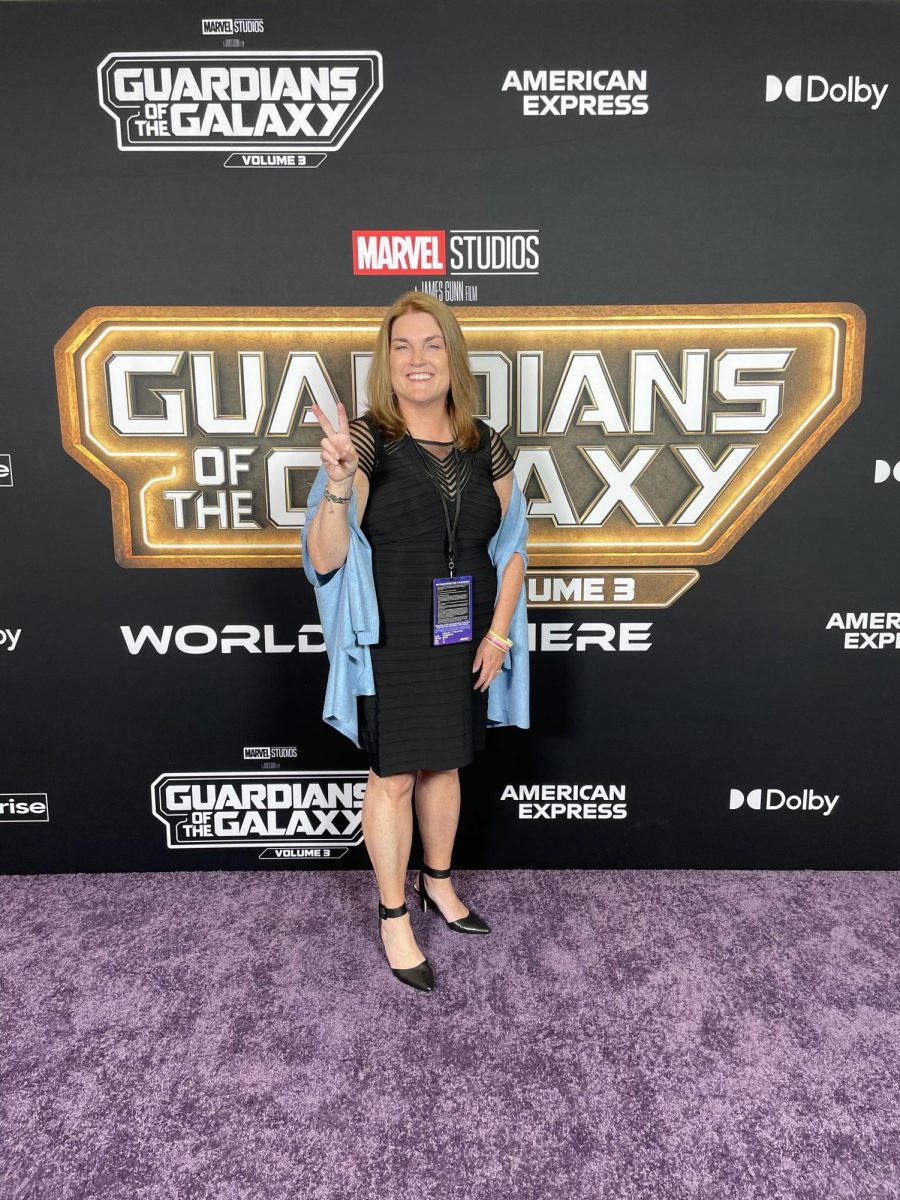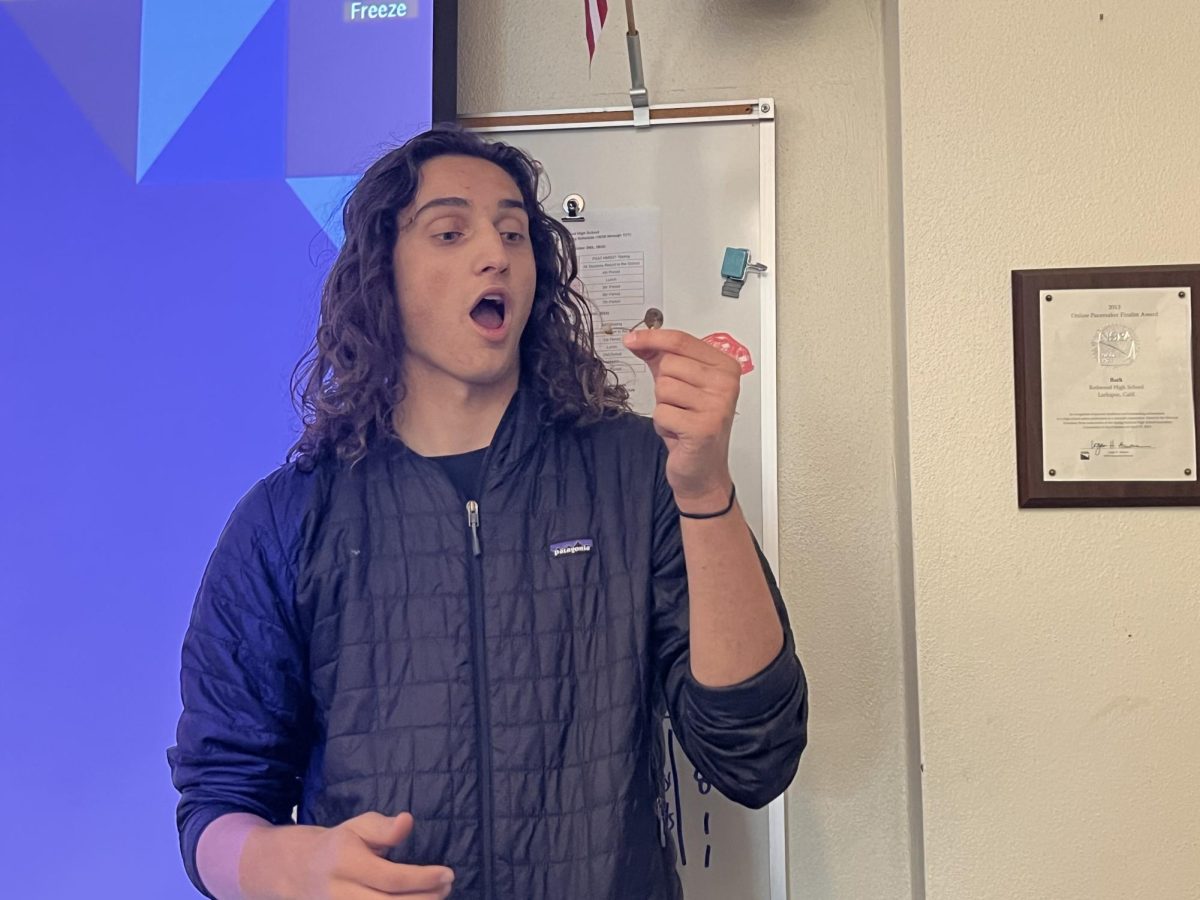
As the sun rose over the nearby hills on Sept. ninth, senior Ian Brodie caught his first glimpse of Mt. Kenya.
Within a seemingly short amount of time, Brodie had been enlisted to travel to Kenya to temporarily teach computer courses at the all-girls Daraja Academy, a free boarding school for underprivileged Kenyan girls with top academic scores, who would normally be denied education much like the 142,000,000 young people living without access to it today.
After getting a job at a local super market, Paradise Foods, to save up for his trip there, Brodie found himself at the SFO International Terminal bracing himself for what was to come.
“One year prior, I wouldn’t have been able to step in front of that class,” said Brodie. “At the time, public speaking was my worst nightmare. However, this project changed that forever.”
According to Brodie, embracing the fact that he’d be teaching an entire class of his own seemed surreal.
“In order to get anything done during the seventh months prior to flying to Kenya, I realized I would have to step out of my comfort zone,” Brodie said. “And I did.”
It wasn’t until after meeting with Daraja administrators, past volunteers of the program, local business managers, and the school’s administration, and sending hundreds of emails to coordinate, that something finally changed.
“At a certain point, I noticed that people actually appreciated and even respected what I had to say,” Brodie said. “By the time I was in Kenya, teaching the girls made me nervous for an entirely different reason than it would have a year prior.”
It wasn’t just a passable opportunity though and after thinking it through, Brodie realized his fear was no longer stemming from where he’d previously thought.
“It no longer originated from my own self-consciousness; it came straight from knowing that every word I said would help improve the lives of these girls,” said Brodie. “I had never done anything so meaningful in my life.”
Standing in front of a handful of classes of 27 girls at a time, Brodie led presentations projected onto a simple bed sheet and worked to teach them about the Internet and how to use the computers that were recently donated to their school premises.
“It wasn’t until then that I realized where I was,” Brodie said. “The months of working, the months of planning, the months of never really knowing if I’d be successful, all were to get me where I was standing at this exact moment. I hadn’t believed I would ever truly get here; it had always seemed so far away, even up to just hours before my class.”
Much to his surprise, Brodie found he could empathize with his students.
“I was expecting a country where I couldn’t understand anyone or anything, but it [was] quite the opposite,” Brodie said.
What surprised him the most was just how much the students there reminded him of the students here.
“They’re learning a lot of the same things we are but they’re on the opposite side of the world. They don’t have electricity, they don’t have anything…and yet most of the students there appreciate getting an education a hundred times more than the students here who have electricity and all the resources they could possibly ask for. I felt like they deserved my best effort.”





